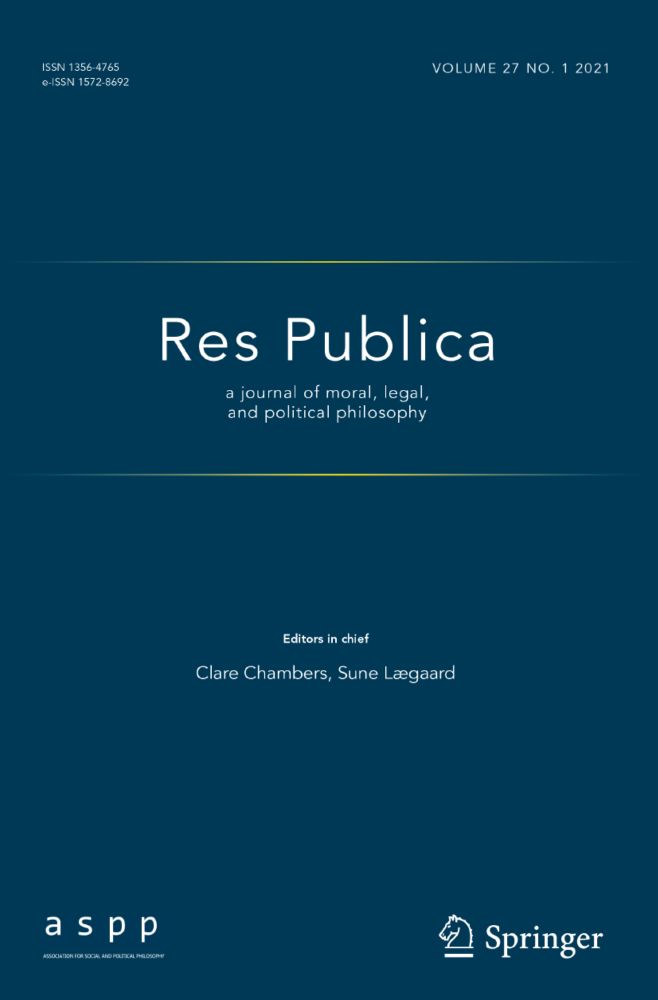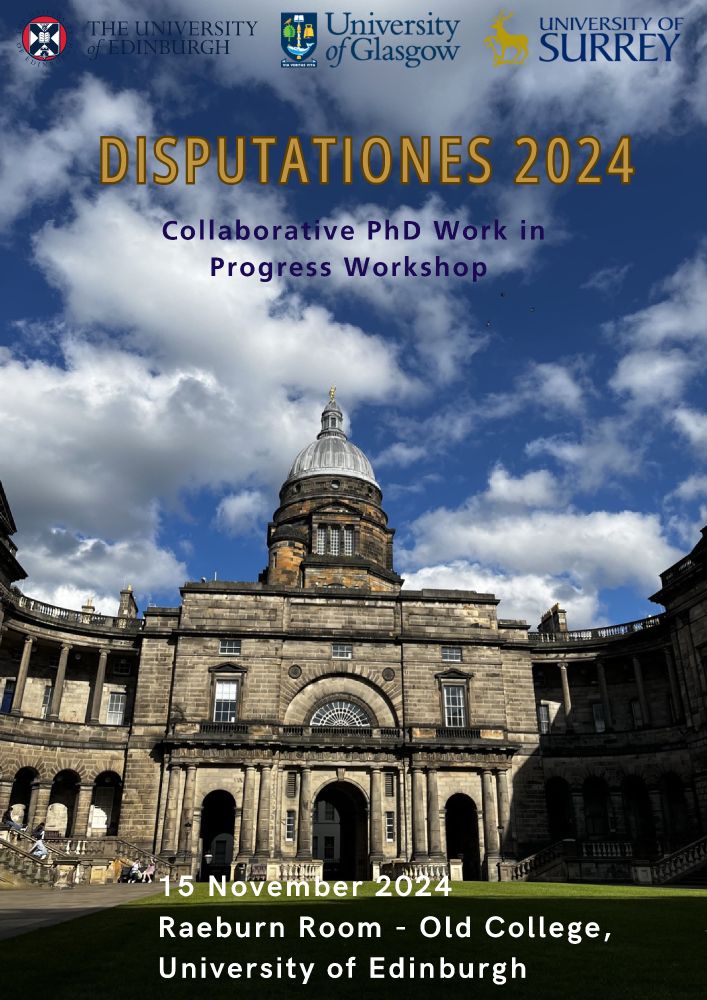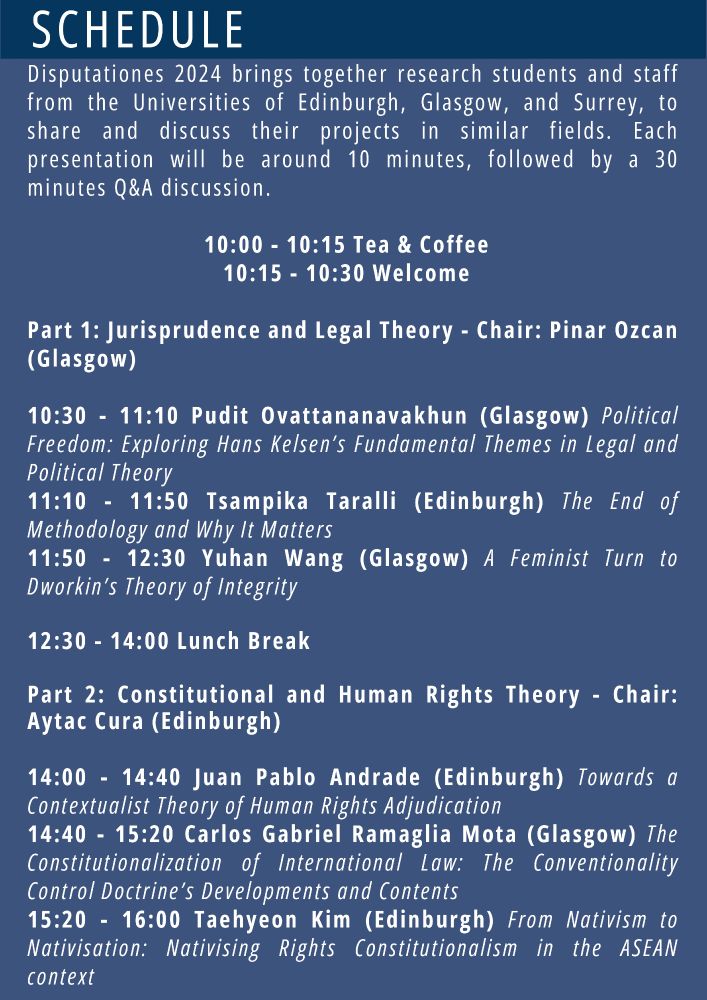
once you free your mind about a concept of harmony and of music being 'correct', you can do whatever you want.






@aliseaman.bsky.social & ors at the ECHR workshop @uoelawschool.bsky.social.
Thanks to Cormac Mac Amhlaigh & Mikael Madsen for organising & hosting.


@aliseaman.bsky.social & ors at the ECHR workshop @uoelawschool.bsky.social.
Thanks to Cormac Mac Amhlaigh & Mikael Madsen for organising & hosting.
Register: forms.gle/bXcqSex2fSS5...
![Solving the Epistemic Problem of Conceptual Analysis [title]
Tsampika Taralli
PhD candidate in Legal Theory at the University of Edinburgh
2024 December 9th, 17:00
Pre-read
Registration: linktr.ee/aequitasfurg](https://cdn.bsky.app/img/feed_thumbnail/plain/did:plc:f75sioy7ap62zutu7g7gh5us/bafkreicdtdzzmwkzskuaecl4exutgewijbvuevykjtvbnwvw6bfke533sy@jpeg)
Register: forms.gle/bXcqSex2fSS5...
www.law.ed.ac.uk/news-events/...

www.law.ed.ac.uk/news-events/...


Register to receive the paper + meeting link: forms.gle/bf3ccyEk4UhW...





